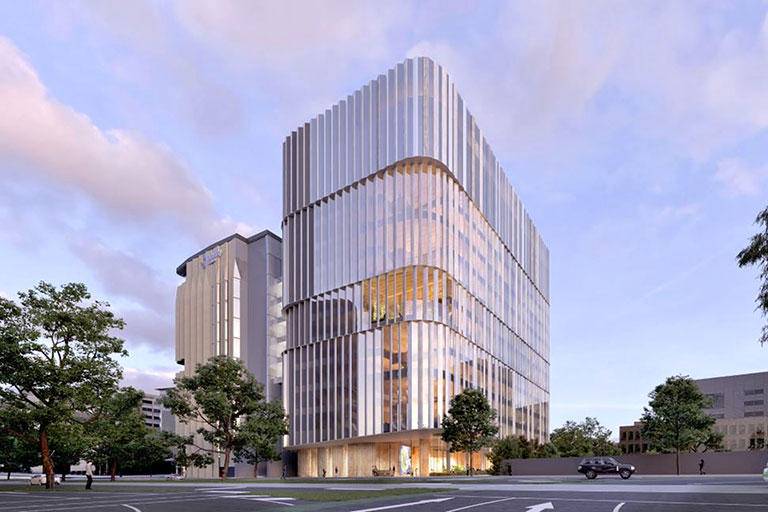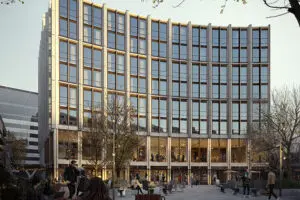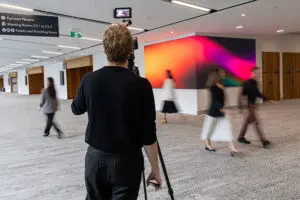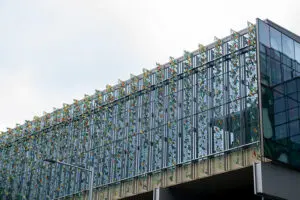“With the Victorian Government investing in major research facilities such as the Australian Institute for Infectious Disease, Melbourne continues to solidify its position as a top global destination for medical and scientific business events,” said Melbourne Convention Bureau CEO Julia Swanson.
The new home for the AIID will be in the midst of Australia’s most important life science cluster with only five of its calibre in the world.
Swanson said Melbourne’s exceptional infrastructure and successful partnerships among universities, research institutes, and hospitals have “fostered an environment where the brightest minds from around the world gather to foster inspiration, drive innovation, and effect real change in ground-breaking research and development”.
“The Melbourne Convention Bureau works with our research community to amplify Melbourne’s global position as a knowledge capital and to highlight the relevant sector strengths and world-class research taking place in Victoria,” she said.
Victoria’s biomedical sector collectively employs about 23,000 people including 20,000 researchers in 30 technology, engineering and medical facilities. It generates $12.7 billion in annual revenue and 40 per cent of Australia’s funding for medical research is based in Melbourne, which is also home to 53 percent of Australia’s ASX-listed life sciences companies.
The new $650 million Institute, a partnership between University of Melbourne, the Burnet Institute and the Peter Doherty Institute for Infection and Immunity, will be the largest pandemic-fighting institute in the southern hemisphere.
Burnet Institute director and CEO, Professor Brendan Crabb said the new facility would not just benefit Australians, “but will be a global world class centre of research” housing up to 1,000 scientists, academics, students and public health experts.
Construction of the AIID next door and linked to the Doherty Institute in Parkville – where the University of Melbourne is also located – will start next year and be completed by 2027. The Burnet Institute will move its headquarters into the AIID facility, promoting an inter-disciplinary approach to fighting future disease outbreaks and pandemics.
“We learned some pretty hard lessons,” Crabb said of the impact of COVID in Melbourne. “You’ve got to act fast, you can’t wait a month, or two, or three to respond, you have to respond straight away…you need sovereign capacity for testing in your own country.
“We genuinely don’t know what the next [pandemic will be except that there will be one.”
International specialists in laboratory design have been engaged to spec the world-leading institute which will feature high-containment facilities, robotics to handle bio-banking, vaccine development, drug screening and imaging technologies currently not available in Australia.
The state government is contributing $400 million with the three partners putting in $250 million.




















